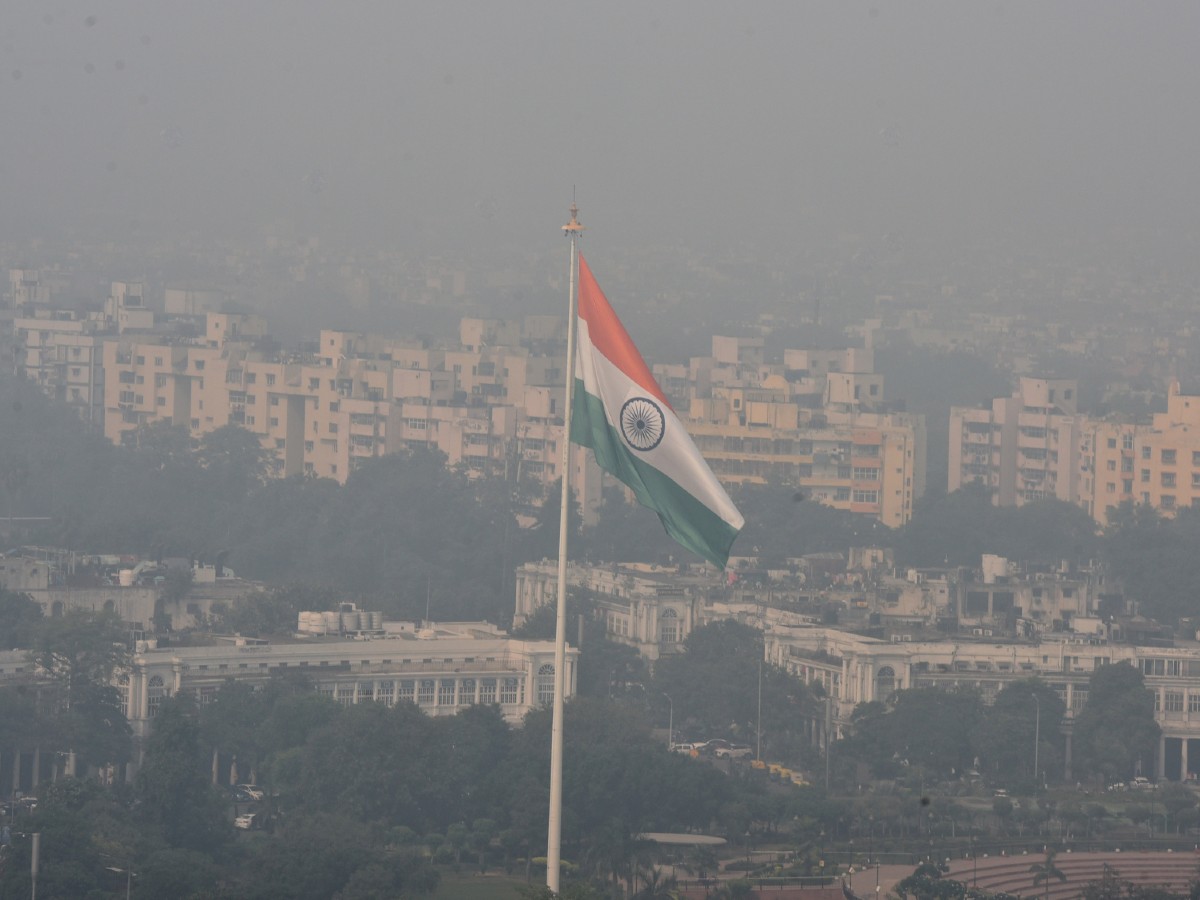
According to a study conducted in India and published in the BMJ Open Diabetes Research and Care journal, there is a link between exposure to polluted air and risk of type-2 diabetes.
According to research done in Delhi and Chennai, breathing in high concentrations of small pollution particles (PM2.5), which are 30 times finer than a hair strand, raises the risk of type-2 diabetes and raises blood sugar levels.
The researchers said that exposure to fine particulate matter has been associated with several cardiovascular and cardiometabolic diseases,
However, they noted that most of this evidence comes from cross-sectional studies or low-pollution settings, meaning that research from high-pollution regions—like India, where the burden of non-communicable diseases is high—is required.
The group, which included researchers from the Centre for Chronic Disease Control in New Delhi, evaluated more than 12,000 men and women between 2010 and 2017 and took monthly readings of their blood sugar levels.
They also used satellite data and air pollution exposure models to determine the air pollution in the locality of each participant during that time.
The study showed that one month of exposure to PM2.5 led to increased levels of blood sugar and prolonged exposure of one year or more led to higher risk of diabetes.
It also found that for every 10 micrograms per cubic metre ( g/m3) increase in annual average PM2.5 level in the two cities, the risk for diabetes increased by 22 per cent.
There is a significant gap in research due to the lack of robust exposure assessment and longitudinal studies in the large South Asian population which experiences a high burden of disease due to diabetes.
“This study provides evidence linking short-term, medium-term and long-term exposure to PM2.5, assessed from locally developed high-resolution spatiotemporal models, glycemic markers and incidence of diabetes from a highly polluted region with a high burden of diabetes,” the authors of the study noted.
“The findings add to the existing evidence from low-pollution scenarios in the Western population,” they said.
The collective evidence, according to the researchers, offers guidance for formulating and putting into practise population- and region-specific policies.
They said that in order to significantly improve population-level public health, these measures could be directed towards lowering ambient air pollution in an effort to combat the high prevalence of diabetes.
Researchers from the All India Institute of Medical Sciences in New Delhi, Harvard University and Emory University in the US, the Public Health Foundation of India in New Delhi, the Madras Diabetes Research Foundation in Chennai, and other universities were also on the team.
(With PTI inputs)
AQI rises to 208, slipping into ‘poor’ category, according to the Central Pollution Control Board
Dilli 6 – Ishq-e-Dilli at Edesia presents a carefully sequenced journey through familiar flavours from…
Two youth arrested for killing a 55-year-old woman during a robbery in Jyoti Nagar; stolen…
Scheme aims to provide affordable meals to over 1 lakh people daily, with each canteen…
Featuring works by Krishen Khanna and Prabhakar Kolte, the exhibition explores Indian modernism through figurative…
Police are probing the stabbing death of a 36-year-old man found near Sanjay Lake in…